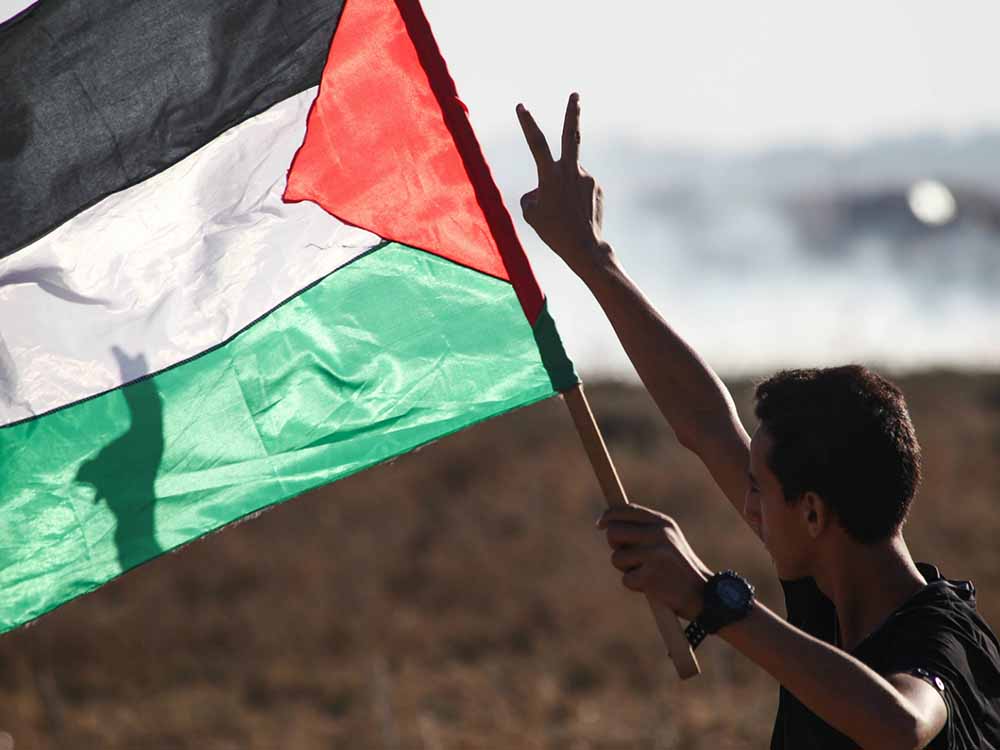Palestine in 2006: Political Dynamics, Socio-Economic Challenges, and the Pursuit of Statehood
The year 2006 was a pivotal time for Palestine, marked by complex political dynamics, socio-economic challenges, and the ongoing pursuit of statehood. This exploration delves into the multifaceted aspects that defined Palestine in 2006, encompassing political shifts, the impact of conflict, and efforts towards nation-building.
Political Landscape
Elections and Hamas Victory:
One of the defining moments in 2006 was the Palestinian legislative elections held in January. The results saw the victory of Hamas, a political and militant group, leading to a shift in the political landscape. The international community faced challenges in responding to the new political reality.
Intra-Palestinian Tensions:
The electoral outcome intensified tensions between rival Palestinian factions, particularly Fatah and Hamas. These tensions would later escalate into violent confrontations, shaping the internal dynamics of Palestinian politics.
Socio-Economic Challenges
Impact of Conflict:
The ongoing Israeli-Palestinian conflict cast a long shadow over Palestine in 2006. The region grappled with the economic repercussions of the conflict, including restrictions on movement, damage to infrastructure, and the disruption of daily life for Palestinian residents.
Humanitarian Crisis:
The conflict contributed to a humanitarian crisis in certain areas, with challenges related to access to basic services, healthcare, and education. International aid became crucial in addressing the immediate needs of the population.
Statehood Aspirations
International Recognition:
Palestine continued its diplomatic efforts to gain international recognition and support for statehood. The year 2006 saw discussions at various international forums, with a focus on the two-state solution and the establishment of an independent Palestinian state.
Challenges to State-Building:
State-building efforts faced numerous challenges, including the political divide between the West Bank and Gaza, security concerns, and the impact of external geopolitical factors. These challenges underscored the complexity of the path towards Palestinian statehood.
Civil Society and Resilience
Role of Civil Society:
Palestinian civil society played a vital role in addressing the socio-economic challenges and contributing to nation-building efforts. Non-governmental organizations and community initiatives worked towards providing essential services and fostering resilience in the face of adversity.
Resilience of the Palestinian People:
Despite the challenges, the Palestinian people demonstrated remarkable resilience. Communities came together to support one another, and individuals persevered in the pursuit of a better future, embodying the spirit of endurance in the face of adversity.
Conclusion
Palestine in 2006 navigated a complex terrain of political shifts, socio-economic challenges, and the pursuit of statehood. The year reflected the enduring resilience of the Palestinian people and the multifaceted nature of the quest for self-determination.











